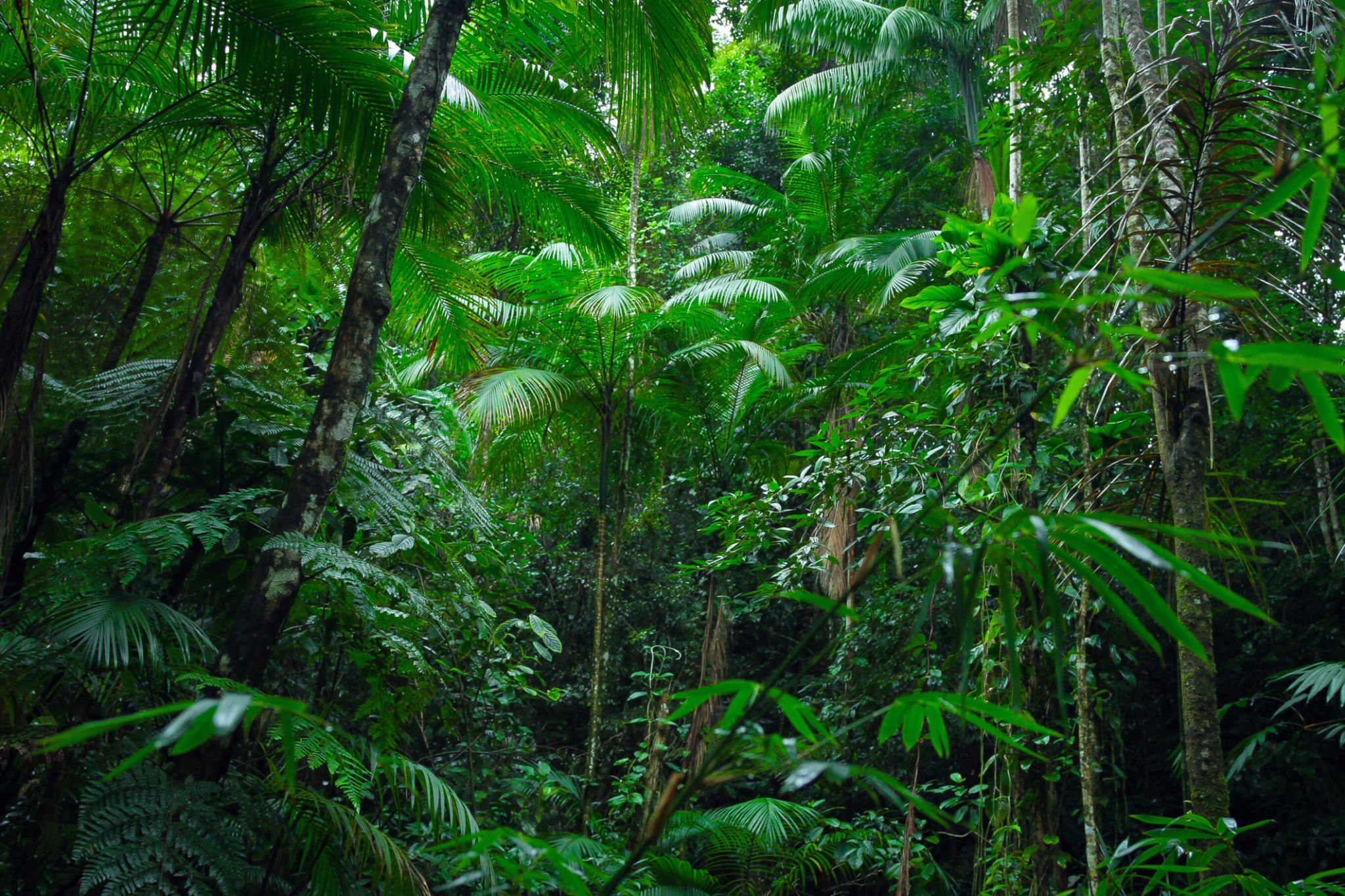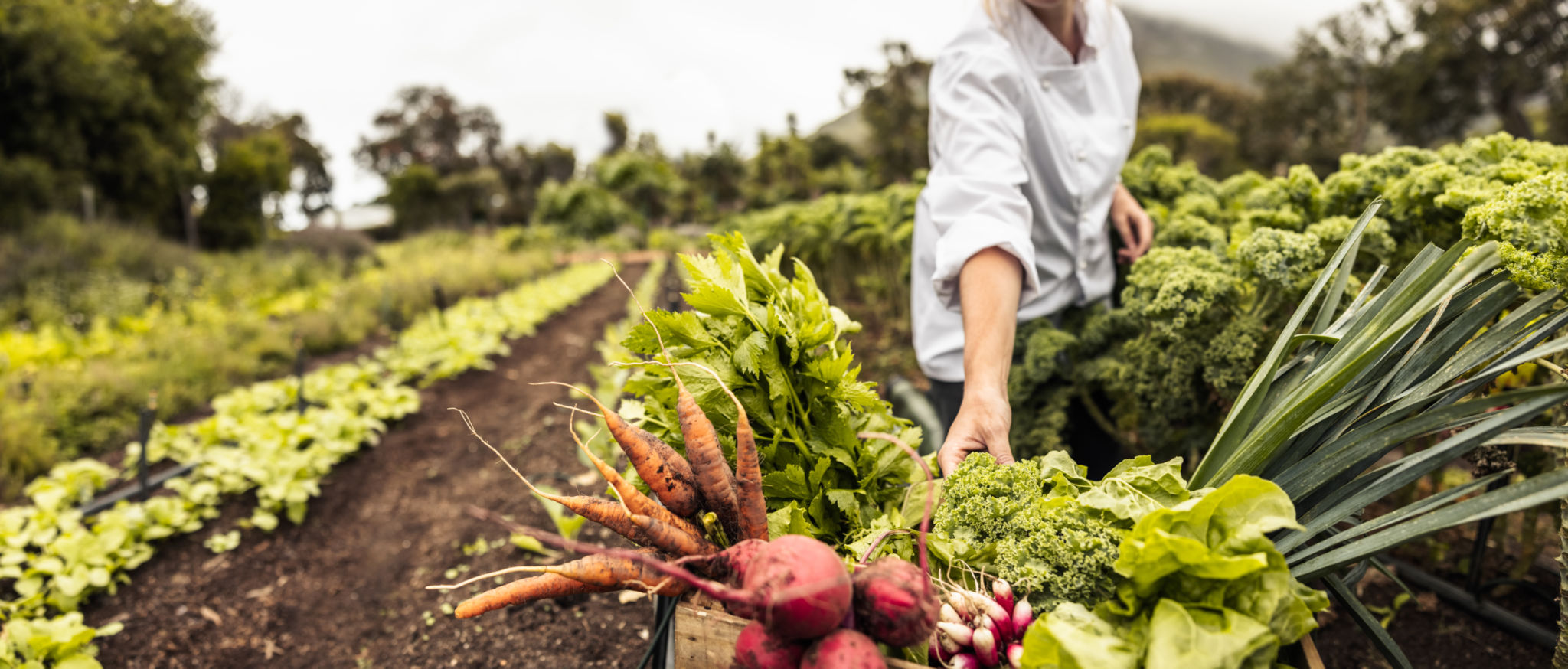Innovative Case Studies: Successful Web3 Sustainability Projects in Brazil
The Rise of Web3 and Sustainability in Brazil
Brazil has long been a country rich in natural resources and biodiversity, making it a prime candidate for initiatives that aim to marry technology with sustainability. As the world shifts towards more decentralized digital solutions, Web3 technologies are emerging as powerful tools for fostering sustainable practices. This blog post explores some innovative case studies from Brazil that highlight successful Web3 sustainability projects.
Web3, often referred to as the next iteration of the internet, leverages blockchain technology to create decentralized applications and platforms. This decentralized nature allows for increased transparency, security, and collaboration, making it an ideal medium for sustainability projects that require trust and cooperation among various stakeholders.

Blockchain-Powered Carbon Credit Trading
One of the standout projects in Brazil involves the use of blockchain technology for carbon credit trading. The project utilizes a decentralized ledger to keep track of carbon credits, ensuring transparency and reducing the risk of fraud. By tokenizing carbon credits on the blockchain, companies can trade them more efficiently, encouraging industries to reduce their carbon footprint.
This initiative not only provides an incentive for businesses to engage in more sustainable practices but also opens up opportunities for international collaboration. Blockchain's transparency ensures that all transactions are traceable and verifiable, enhancing trust in the carbon credit market.
Decentralized Renewable Energy Networks
Another promising Web3 project in Brazil focuses on creating decentralized networks for renewable energy. By using blockchain technology, this project aims to facilitate peer-to-peer energy trading among local communities. Homeowners with solar panels can sell excess energy back to the grid or directly to their neighbors, fostering a local energy economy.

This model not only promotes the adoption of renewable energy sources but also empowers communities by giving them more control over their energy consumption and production. It reduces dependency on centralized energy providers and encourages the use of clean energy solutions.
Tokenizing Sustainable Agriculture
Sustainable agriculture is another area where Web3 technologies are making a significant impact in Brazil. By tokenizing agricultural products on the blockchain, farmers can access new markets and receive fair compensation for their efforts. This system provides consumers with detailed information about the origin and sustainability of their food, promoting transparency in the supply chain.
The tokenization of agricultural products also helps in reducing food waste by optimizing supply chains and improving logistics. This initiative supports small-scale farmers, enabling them to compete in global markets while adhering to sustainable practices.

Challenges and Future Prospects
While these projects highlight the potential of Web3 technologies in promoting sustainability, they also face challenges such as regulatory hurdles and the need for widespread education on blockchain technology. Nevertheless, the success of these initiatives in Brazil paves the way for future developments in this space.
As more stakeholders recognize the benefits of integrating Web3 solutions into sustainability projects, we can expect increased investment and innovation in this field. The lessons learned from Brazil's pioneering efforts can serve as a blueprint for other countries looking to balance technological advancement with environmental stewardship.
